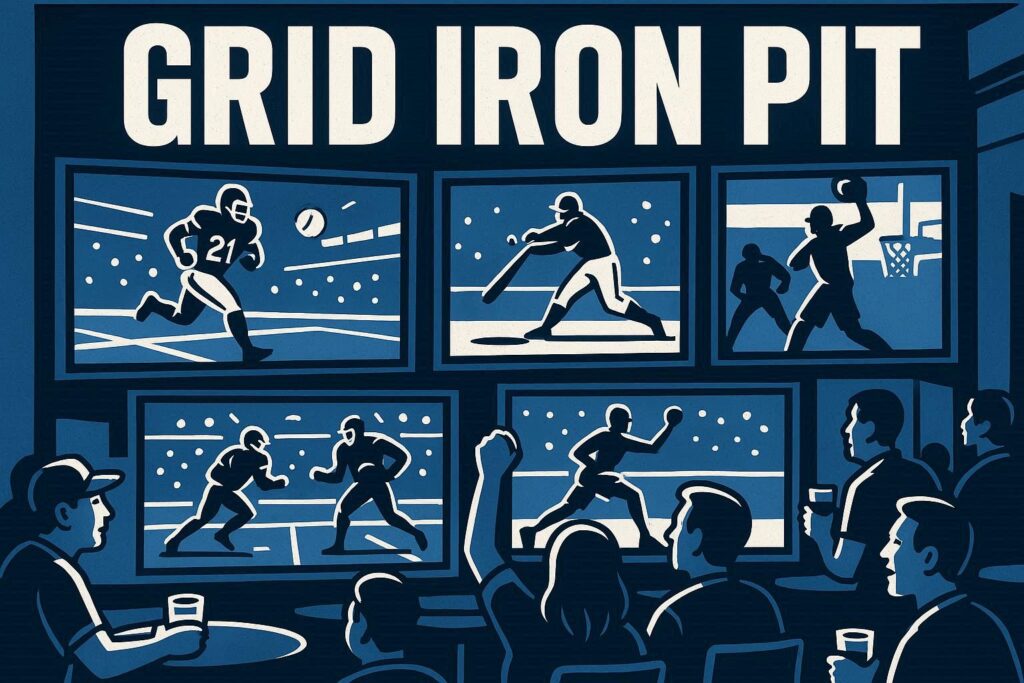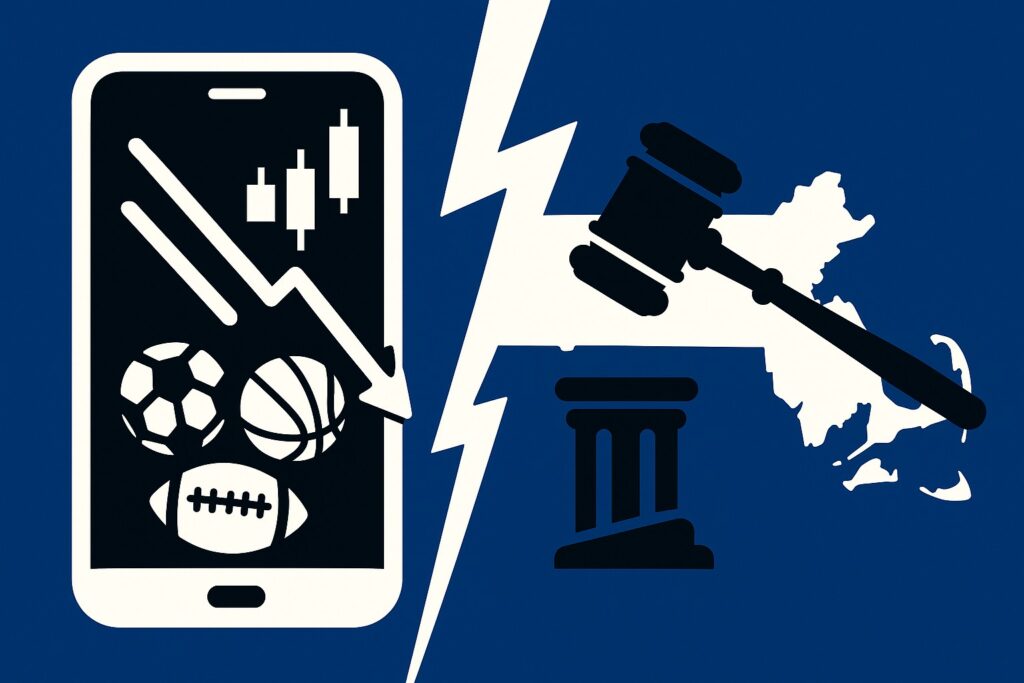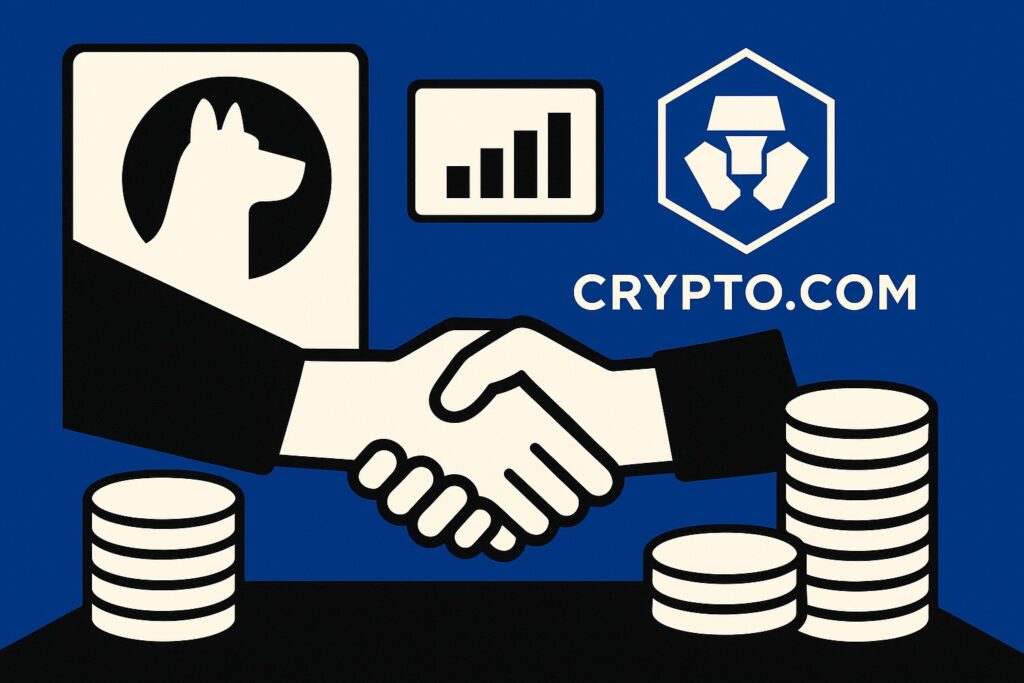Efforts to expand legal gambling in Ohio continued this week, as the State Senate held a third hearing on SB 197, legislation introduced by Sen. Nathan Manning that would allow online casino games, in addition to online lottery games and horse race betting.
Wednesday’s session followed the House Finance committee’s hearing on HB 298, a similar bill introduced by House Finance Committee Chair Brian Stewart.
The debate around iCasino legislation is typical: Proponents tout a major bump in tax revenue and consumer choice and protection, while opponents endorse safeguarding economic investment and decry the proliferation of problem gambling.
Whether legalizing online casinos would help or hurt existing brick-and-mortar gambling establishments depend on whose testimony you believe.
The three-hour hearing in the Senate featured over three dozen testimonies. Here are some highlights from industry execs:
Backing the bill (with caveats)
Representatives from Fanatics Betting & Gaming and Rush Street Interactive were the only two testifying witnesses listed as “proponents” of the bill before the Senate. Both testimonies, though, came with qualifiers:
- Increase the number of potential operators from 11 to 22, which would give their digital-first companies a better shot at a piece of the market.
- Reduce the proposed tax rate of 36-40% and license fees of $50 million for brick-and-mortar casinos and $100 million for untethered operators.
“We believe there is room for improvement within the legislation to not only help support companies like FBG, but all new market entrants,” said Brandt Iden, Fanatics’ VP, Government Affairs. “Specifically, addressing the number of gaming operators who can compete within the state. Limiting the market to only seven operators (which operate the state’s 11 casinos and racinos) will not provide enough options for consumers to adequately transition from the illegal market, further stifling growth and depressing tax revenues.
“Additionally, overburdening operators with excessive licensing fees would likely limit market growth and again, depress tax revenues.”
Paul Wierbicki, Chief Legal Officer and Head of Government Affairs for RSI, whose brands include Rivers Casinos and BetRivers Sportsbook, echoed Iden’s sentiment.
“Realizing this potential [of an estimated $400-800 million in tax revenue] hinges on creating a truly economically competitive framework—specifically, one that allows for (1) more skins per licensee and (2) substantially lower licensing fees than currently proposed under S.B. 197 and a tax rate that is at least no different than that provided to land-based casino operators,” Wierbicki testified.
Stay off our lawn
Leaning on state constitutional concerns regarding the expansion of gambling and his company’s economic investment in Ohio, Jason Tosches, Senior Director of Government Affairs for Hard Rock Digital, implored legislators to limit iCasino licenses to the state’s four land-based casinos – an even narrower structure than the one provided under SB 197.
The Ohio constitution, according to Tosches’ testimony, does not allow the state’s seven racetracks to deal casino games. Through a 2011 gubernatorial order, racetracks can offer video lottery terminals (VLTs).
Licensing should also not extend to online-only operators, Hard Rock believes.
“Digital-only operators have not made nearly the same investment as we have in the state of Ohio and should not be permitted to enter the casino gaming market with iCasino,” Tosches said.
Coming from a similar perspective of operating one of Ohio’s four land-based casinos (JACK Cleveland Casino), Chad Barnhill, Executive VP & COO for JACK Entertainment, offered similar resistance to Manning’s bill.
Based on constitutionality and a protection of his company’s economic investment in the state, “We cannot support the current proposal to legalize online casino gaming,” stated Barnhill.
Keep gambling offline
While Hard Rock and JACK were listed as “interested parties” at Wednesday’s hearing, Miami Valley Gaming & Racing, owner of one of Ohio’s seven racinos, offered a hard no from the industry.
Kato Moy, Miami Valley Gaming’s GM, said the company is concerned that iGaming would cannibalize brick-and-mortar gambling business, and in turn, negatively impact the state’s economy. A few dominant players would emerge on the state’s online casino landscape, just as DraftKings and FanDuel have risen to rule the sports betting roost.
Miami Valley is jointly owned by Churchill Downs Inc. and Delaware North.
“If approved, SB 197 would divert dollars from established in-state physical venues to electronic gaming companies, most of which are located outside of Ohio or the United States,” Moy testified.
“As we have seen with sports gaming, there is an imbalance between physical locations and online operations. Just like with mobile sports gaming, there would be a concentration of the vast majority of the iGaming market into two or three companies. Most operators, and more importantly their employees, would be left behind.”
Testimonies all over the map
We’ve highlighted just a portion of the reams of testimony offered in Columbus this week. In addition to the industry execs quoted above, lawmakers also heard from:
- Bowling centers, which asked for a “small piece of the gambling pie” for brick-and-mortar retail establishments
- Ohio Bar Association, which also wants its member to be allowed to offer VLTs
- Citizens advocacy groups, such as the Problem Gambling Network of Ohio, Campaign for Fairer Gambling, The Family Research Council and Ohio Suicide Prevention Foundation
- Labor unions United Steelworkers, UNITE HERE Local 24 and Ohio Grocers Association (all opposed to the bill)
There is plenty more, and you can peruse them here.
The moral of the story: It’s impossible for legislators to structure an online casino bill that satisfies all parties. There are too many wildly divergent viewpoints to keep all the stakeholders in agreement.
Nevertheless, lawmakers in both statehouses push on. Online casino legalization in Ohio, though, is a long way from reality.





